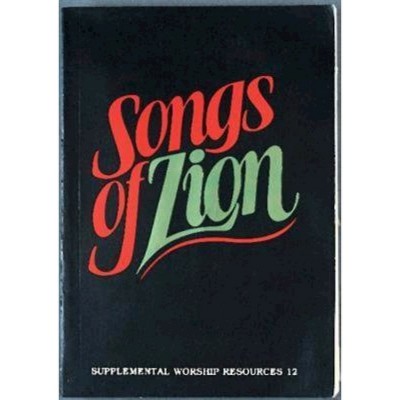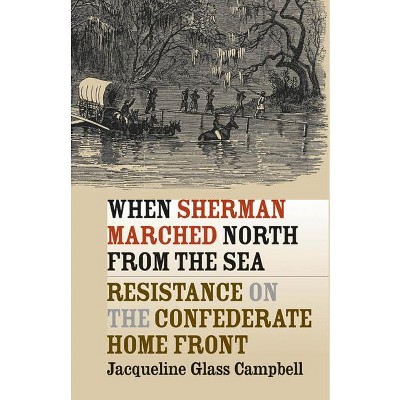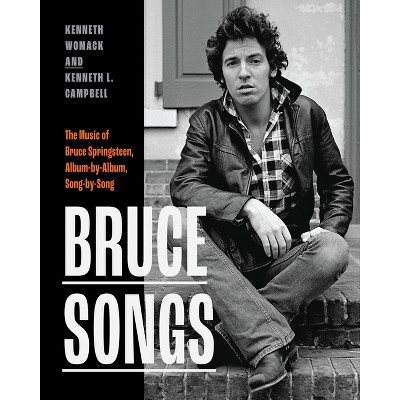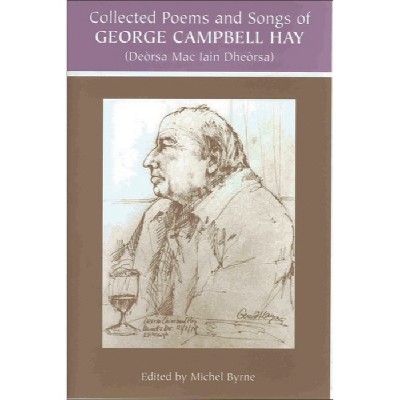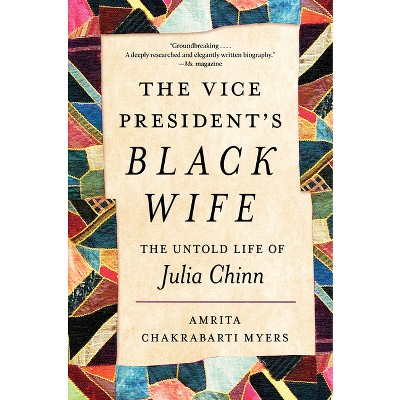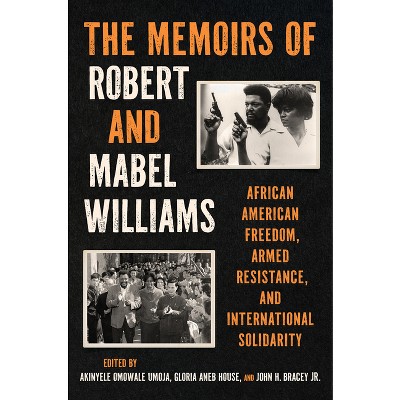Sponsored

Songs of Zion - by James T Campbell (Paperback)
In Stock
Sponsored
About this item
Highlights
- Founded by free people of color in Philadelphia in the aftermath of the American Revolution, the African Methodist Episcopal (AME) Church emerged in the nineteenth century as the preeminent black institution in the United States.
- Author(s): James T Campbell
- 448 Pages
- Social Science, Ethnic Studies
Description
About the Book
Originally published: New York: Oxford University Press, 1995.Book Synopsis
Founded by free people of color in Philadelphia in the aftermath of the American Revolution, the African Methodist Episcopal (AME) Church emerged in the nineteenth century as the preeminent black institution in the United States. In 1896, the church opened mission work in South Africa, absorbing an independent "Ethiopian" church founded by dissident African Christians a few years earlier. In the process, the church helped ignite one of the most influential popular movements in South African history.Songs of Zion examines this remarkable historical convergence from both sides of the Atlantic. James Campbell charts the origins and evolution of black American independent churches, arguing that the very act of becoming Christian forced African Americans to reflect on their relationship to their ancestral continent. He then turns to South Africa, exploring the AME Church's entrance and evolution in a series of specific South African contexts. Throughout the book, Campbell focuses on the comparisons that Africans and African Americans themselves drew between their situations. Their transatlantic encounter, he argues, enabled both groups to understand and act upon their worlds in new ways.
Review Quotes
A major contribution to a genre just beginning to appear, what one can only call transatlantic history.
"Transition"
A sweeping, powerful, vibrant study.
Frederick Jackson Turner Award committee
Campbell's analysis is illuminating, important and in some ways courageous.
"American Historical Review"
Prodigiously researched, well crafted, and insightful.
"Journal of American History"
"A major contribution to a genre just beginning to appear, what one can only call transatlantic history.
"Transition""
"A sweeping, powerful, vibrant study.
Frederick Jackson Turner Award committee"
"Campbell's analysis is illuminating, important and in some ways courageous.
"American Historical Review""
"Prodigiously researched, well crafted, and insightful.
"Journal of American History""
A wonderful example of the best of comparative religious history.
"Religious Studies Review"






